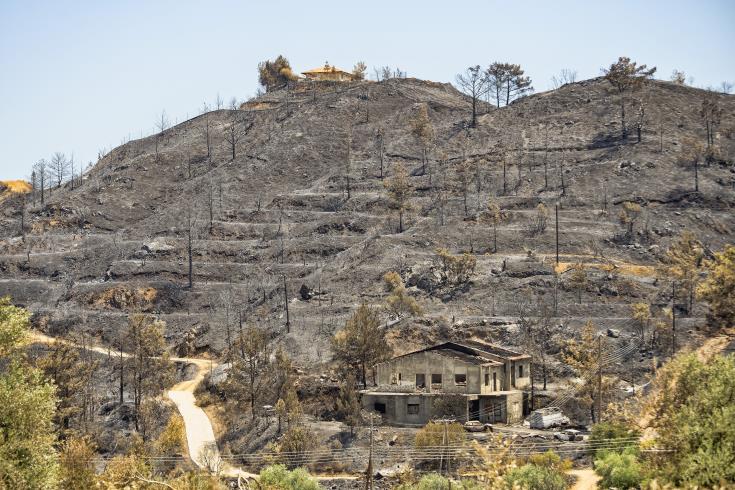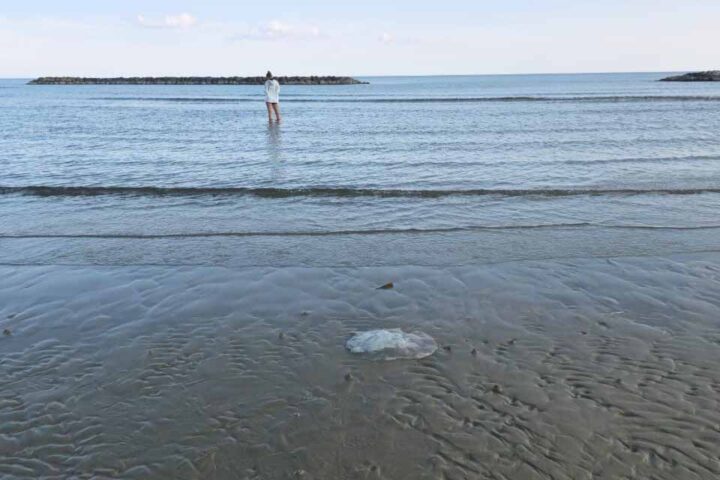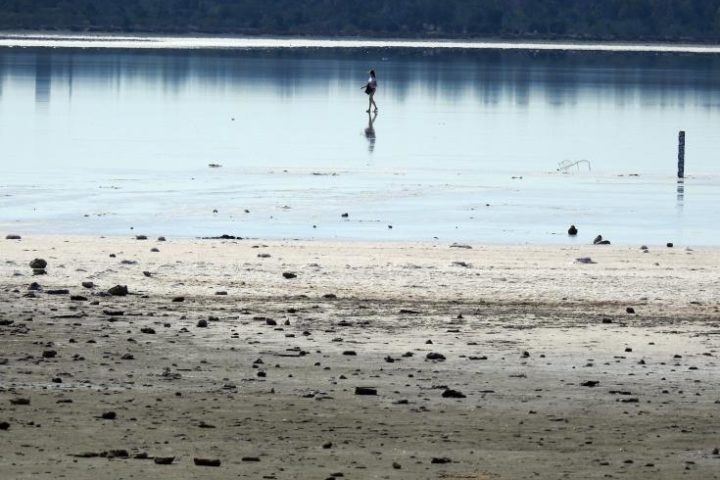The disastrous impact of climate change on human health was highlighted in the second Ronald Ross lecture by Sir Professor Andrew Haines, who called for concerted action from scientists, policymakers and practitioners to minimise its impact.
According to Sir Andy, Climate Change is projected to have far-reaching and potentially catastrophic effects on health.
“The effects on health may be direct (e.g., from extreme heat); mediated through ecosystems, such as changes in the incidence and distribution of vector-borne diseases, including dengue and malaria; or mediated through complex socioeconomic pathways such as impoverishment and population displacement.”
The Professor noted that declines in the production of vegetables, legumes, and fruit could increase the risks of non-communicable diseases.
“There is evidence that Climate Change is already having effects on health.
“A recent study, based on data from over 700 sites around the world, suggests that over 30% of heat-related deaths over the past two decades can be attributed to Climate Change.
“Implementing policies to promote resilient health systems, able to respond to climate shocks can reduce health effects but cutting emissions rapidly to achieve the target of the Paris Agreement, to limit the global average temperature increase to well under 2°C, will be essential to reduce the risks to health.
“Valuing these co-benefits can make such policies more attractive to decision-makers and incentivise climate action.”
British High Commission, Stephen Lillie, focused on the upcoming 26th UN Climate Change Conference (COP26).
“Our last best chance to set the world on a pathway to avoid catastrophic and irreversible global climate change”.
Lillie highlighted that since the Paris Agreement in 2016, which aimed at limiting the global rise of average temperatures to 1.5 degrees, the world had not done nearly enough, and the planet continues to heat up.
“This year, we witnessed the worst forest fires in the history of independent Cyprus.
“It’s evident that the climate crisis is not some abstract threat in the future, but already upon us.”
The UK Government’s ambition is to secure a global goal of net-zero carbon emissions by 2050.
The Cyprus Institute will continue raising awareness on the Climate Crisis with its 2nd International Conference, titled “Climate Change in the Eastern Mediterranean and Middle East Region”, while the UK Government will host the crucial COP26 Summit in Glasgow on 1-12 November.
The Ronald Ross Lecture Series is a public lecture series co-organised by The Cyprus Institute and the British High Commission in Nicosia.
It aims to bring eminent British scientists and academics to a Cypriot audience, sharing the latest knowledge in subjects of global importance.
In 2019, the inaugural lecture in the series was delivered by Prof. Joanna Haigh, former director of the Grantham Institute at Imperial College London.
The lecture is available on The Cyprus Institute’s YouTube channel and Facebook page.










